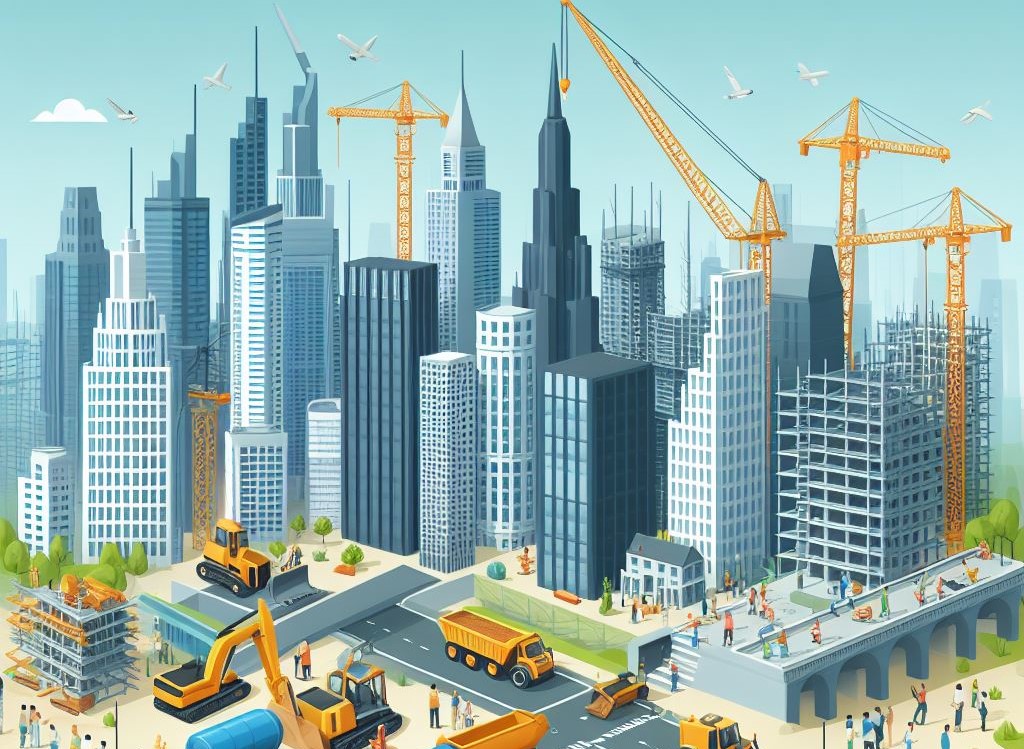
Odds are you are eligible to vote somewhere in the world this year. Are you excited by at least one of the choices, or are you simply turning up because there is someone you are desperate should not win? Many of those privileged to live in open democracies face slim pickings in an extraordinary year in which more than half of voting age adults have the right to cast a ballot.
Here is something I think about a lot.
Why do some countries have better economic outcomes than others? There are those endowed with massive mineral wealth that are basket cases, and others that are shining examples of prosperity and superlative governance that a century ago were little more than vast deserts or mosquito infested malarial swamplands.
Can success be as simple as leaders making the right policy choices and ensuring their successful implementation? It’s more complicated than it sounds, but that is the starting point and you have a duty to future generations to do what you can to choose those with the best interests of future generations at heart.
Having no plan, a poor plan or a great strategy that is not properly executed plagues nations across the globe.
Those that make their economies most attractive to investors stand to gain disproportionately relative to those who lose the trust of big capital. Singapore, for example, is positioning itself to capitalize on concerns of businesses in Hong Kong looking for a well governed open safe haven in Asia while in the Middle East, the UAE is in the second half of its 100-year plan to wean itself of its dependence on oil revenues.
I have been struck by the power of good decision making in two countries where I have recently been fortunate enough to do some work: Spain and Dubai. While I have no doubt that each of these places has problems of their own, but as an outsider looking in, I noticed a few things.
Spain emerged from decades under the devastating military dictatorship when Francisco Franco died in 1975. His authoritarian grip extended to all facets of life, from education to the media, enforcing a conservative and nationalist agenda and Spain remained largely isolated from the international community and was treated as a pariah state.
Not that you would know it as a visitor today. The country has chosen to put that era of repression and isolation behind it and focus on the future. Despite high public debt levels and worrying youth unemployment, there is a vibrancy about the place. Its infrastructure, at least in the lush green north is superior to many other developed economies with key rail, road and digital connectivity evident everywhere. My 15-year-old observed as we drove from Bilbao to Saragossa how many factories were “in the middle of nowhere” – decentralised from main cities and located near small towns which invariably benefit from their presence and made possible by the fact that they are able to move raw materials in and product out of their manufacturing facilities. There is clear evidence of a green energy revolution with mile-upon-mile of hilltop wind power. It is the world’s biggest exporter of citrus and one of the world’s biggest wine producers. It has benefitted from its membership of the EU and the access and funding that has brought and is one of the 20 largest economies in the world
I was struck that despite a fractious history, it is a country that has chosen a growth path which stands to benefit all of its citizens.
In Dubai I met British expat Tom Hudson who has made the UAE his home and wrote the book Exponential Emirates to co-incide with the 50th anniversary of the birth of that union of independent states headed up by family groups united on driving economic prosperity for the region beyond the fossil fuel economy. “From seaport, to airport to brainport” goes a popular saying in the region as Dubai, a powerful state carved out of what was little more than a small fishing port and trading town on the Persian Gulf 50 years ago, but has transformed to an extraordinary financial centre and global logistics hub. It may not be everyone’s cup of tea – but is a remarkable feat of vision and engineering.
It all started with a vision that grew to a plan that was implemented with rigour and efficiency.
Progress is never accidental. It happens as a result of a continuously evolving never ending set of incremental steps, delivered according to a vision with purpose and intention.



